
Adult Programs
Adult Education
Adult Programs
Adult Education
We are not currently offering Adult Education trainings due to stay at home orders.
Please check back in Summer 2020.
Honoring youths' rights, health, and identities...
Adults who work with or for youth not only need information and resources on the sexual health of young people, but also guidance on how to best support youth around these issues while honoring youths' rights and identities. ICAH’s adult professional development is developed for youth workers, family members, and other healthcare, school, or family-serving professionals who are interested in increasing their knowledge, improving their skills, and better supporting young people and their sexual health, rights, and identities.
While learning medically accurate, age-appropriate information, participants will gain tools to be youth-friendly, LGBTQQIA+-inclusive, and trauma-informed adult accomplices who actively work to reduce the shame and stigma young people are subject to. All our trainings align with the 7 National Sexuality Education Standards (NSES) and ICAH's innovative, youth-driven approach.
Please scroll down to see our full menu of topics.
Consultation Services
We offer a range of consultation services covering topics such as curriculum development and youth leadership advancement. Please contact info@icah.org for more information
performance-based Education
Our performance-based professional development builds your creative capacity and teaches you how to strengthen youth engagement through activities, skills, and techniques appropriate for any social justice youth program, health education setting, or classroom.
ICAH ADult Accomplices
ICAH offers an Adult Accomplice training series at our office. You can register for a single training or all ten! The ICAH Adult Accomplice Certificate is presented to participants who complete all ten Adult Accomplice trainings.
ICAH Professional Development
Adult Accomplices Training Series
SEXUALITY EDUCATION THAT WORKS
Introduce participants to ICAH, history of organization, departments, and projects
Describe ICAH’s approach to sexuality education
Explain and demonstrate youth engagement model and ICAH’s youth driven approach
Discuss reproductive justice and assess examples of reproductive injustice
Analyze the National Sexuality Education Standards (NSES)
Summarize sexuality education policies/laws
SEXUAL IDENTITIES: CREATING SAFER SPACES
Identify strategies for building safer spaces
Review LGBTQQIA+ identity development statistics
Define and discuss sexuality, attraction, sexual identity, gender, and gender identity
Recognize homophobia and heterosexism
Describe social environment for LGBTQQIA+ youth
Describe and demonstrate how to be an accomplice
Develop safer space strategies take back to participants’ own work and organization
SEXUAL HEALTH 101: ANATOMY AND PUBERTY
Define and analyze components of sexuality
Identify and analyze cissexism
Discuss anatomy and functions
Review puberty and demonstrate ways to support young people going through puberty
Recognize and practice passive, aggressive, and assertive communication styles
Demonstrate skills around answering difficult questions and role-play
REPRODUCTIVE JUSTICE INCLUDES RACIAL JUSTICE
Experience FYI performance Forecast, about a dream young woman has that confronts her with the decision of whether or not to parent in a broken world
Identify barriers to freedom and bodily autonomy in the context of race
Define reproductive justice and intersectionality
Describe how prisons are a reproductive justice issue
Apply an intersectional lens to your own work
Decode messaging
HEALTHY RELATIONSHIPS
Describe characteristics of healthy and unhealthy relationships, including reasons why some people stay in unhealthy relationships
Discuss boundaries, practice giving consent, and review communication skills
Describe Teen and LGBT Power & Control Wheels
Formulate supportive messages for a young person in an unhealthy relationship
Explore legal rights and parental involvement laws for young survivors
ACTIVATING THE CREATIVE POTENTIAL OF YOUR PROGRAM
Analyze their creative strengths and weaknesses
Identify the components and habits of creative practice
Introduce 4 P’s of participatory theater
Utilize games and stories as learning tools
Apply creative practices to real-world scenarios and work
Practice and reflect upon creative program design and implementation
SEXUAL RIGHTS: YOUTH IN ILLINOIS
Discuss barriers to accessing healthcare and protective factors related to healthcare for young people
Review sexual rights terms
Discuss rights & confidentiality in healthcare for young people
Describe the rights that young people have in Illinois
Illustrate youth-friendly environments
Practice informing a young person about their rights & address any barriers or challenges that may result
SEXUAL HEALTH 102: STIS AND SAFER SEX
Employing safer sex methods and dialogue on how to encourage use of these methods
Arrange sexual behaviors along spectrum of higher to lower risk
Evaluating methods of protection
Describe and compare hormonal and non-hormonal methods of protection
Construct a continuum of effectiveness of methods of protection
CENTERING YOUTH VOICE AND PARTNERSHIP
Understand best practices for ensuring youth comfort and accessibility
Gain tools to implement youth-friendly program provision
Define adultism and accompliceship to explore implications in their relationships with youth
Rescript scenarios youth experience while struggling to access quality care in school, family and healthcare contexts to remove barriers
REDUCING SHAME: TRAUMA AWARENESS AND SEX-POSITIVITY
Examine Harm Reduction as an approach to youth work
Describe Sex- & Body-Positivity
Develop Sex- & Body-Positive messages that address barriers caused by shame & stigma
Examine Trauma-Awareness
Assess your organization's readiness to implement a Trauma-Informed approach
Discuss resiliency and create & share healing practices

